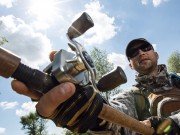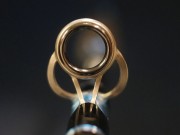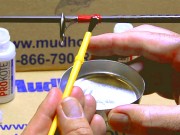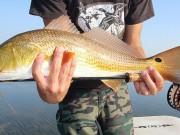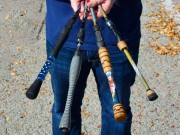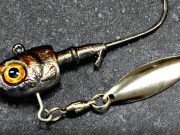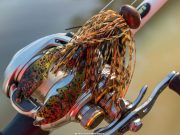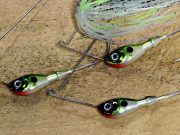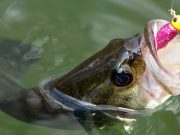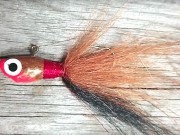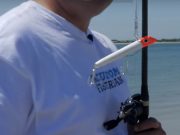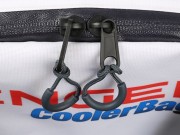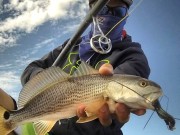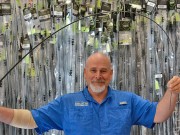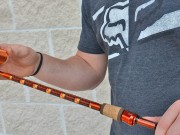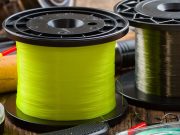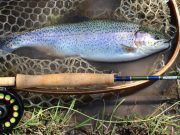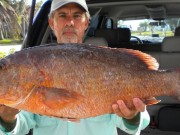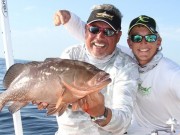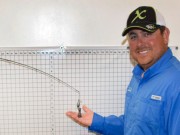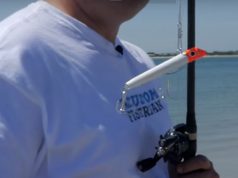When the clouds are coming in and the wind picks up, it may be a good time to start hitting some vegetation and structure with some crankbaits. But what crankbaits should you start with? In this article, we go over several different crankbaits options and when they might be best to trigger strikes.
There are a couple ways to go about crankbait fishing in Florida. Try to find areas that have vegetation with different structure.
We’ve got guys who live on the lake and the FFWCC (Florida Fish and Wildlife Conservation Commission) that put brush piles out as fish attractors, and shell bars.
Using Lipless Crankbaits
On the vegetation’s side, we have vegetation that grows up off the bottom called emergent vegetation. There are times we purposely get hung in the grass, so for that we are going to throw lipless crankbaits, like a Rattle Trap. Gold and black is always a productive color combination for Florida, and baits with a real quick (tight) wobble are what you are looking for.
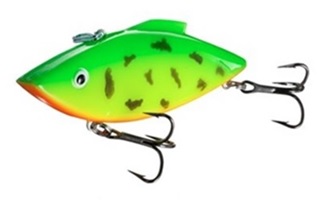
What we do is purposely throw the crankbait as far as you can and letting it get stuck in the grass. Then use some tugs on the rod to get those treble hooks to tear through the grass, and popping the crankbait out.
The fish are in the grass waiting, and as soon as it pops out of the grass, they slam it.
You will probably benefit from using a fast action rod with a little backbone, but nothing too heavy to pull the treble hooks.
It is the lure’s disruptive action and subsequent reactive bite that makes this method effective.
Using Round Bill Crankbaits
We like to use a round lipped crankbait for fishing shell bars. Sometimes you get a bend in the river which causes a pocket that will have shell bars. The structure is a combination of depth changes more so than a fallen log or other solid structure.

The deep diving series crankbaits are ideal for this application. What you want to do is throw it out and retrieve it in a stop and go manner, where you retrieve, stop, retrieve again, and stop, and so on.
You want the crankbait to dive deep enough so it digs into the bottom and the bill of the crankbait chews up the bottom.
This makes the crankbait look like a live bait that is on the hunt, so try not to just run it in a straight line. This is the type of action the bass are looking for.
Using Square Bill Crankbaits
We like to use a square bill crankbait for a lot of different reasons. Often we will use it in vegetation and still tear into the grass as we do with a Rattle Trap, but we also use it around docks a lot as well.

The square bait is kind of like a four wheel drive bait. It will deflect off logs, dock pilings or any other structure it comes in contact with more so than its rounded bill cousin.
A square bill will usually run about 4-6 feet with light line, and we normally choose a blue gill color combination because they are generally living in the depth.
General Crankbait Assumptions
So to wrap it up; Rattle traps are good ripping it through grass, rounded bill crankbaits are good for deep diving in more depth structure, and the square bill is the all-purpose 4 wheel drive bait that fits right in the middle of those two applications.



